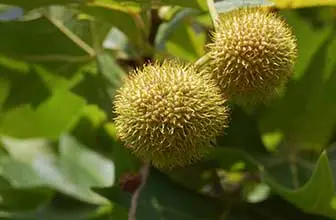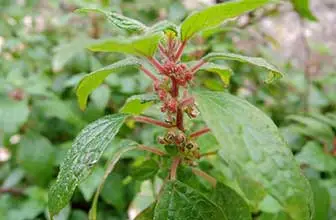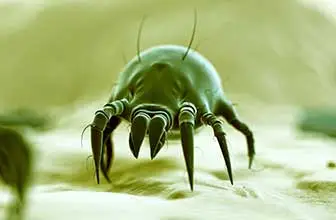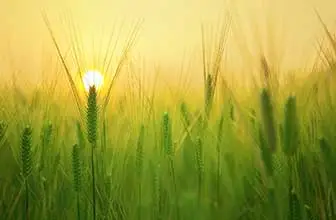Allergies
Russian thistle pollen
Allergy to russian thistle pollen (Salsola kali) is present in Africa, Asia, America and Europe. Russian thistle is a genus of herbaceous plant with more than 100 different species. It prefers the sandy soils of the sea coast, but can also be found in arid interior soils. The species Salsola kali is of Eurasian origin and is the most allergenic species of Russian thistle. Given its ability to withstand wide variations in pH and climate, it can be found from the Russian steppe to the tropics. The pollination season is from summer to early autumn, with the highest concentration being from the end of summer. The most common symptoms are rhinitis, conjunctivitis and asthma. As a prevention, it is advisable to avoid going outside at times of highest pollen concentration (mainly at dawn and dusk, especially when there is a strong wind), install anti-pollen filters in the air conditioning and car, carry sunglasses when going outside, showering and changing clothes when you get home, and not laying outside.
Alérgeno recombinante para IVD
TYPE
Especie
ALÉRGENOS RECOMBINANTES
Name, references, and description
Tipo de reactivo
- Alérgenos/Antigenos
- Bloqueadores
- Anticuerpos
Características Reactivos
- Humana
- Animal
- Allergies
-
Salsola kali
-
- Sal k 1
- RAL0018
- Pectin methylesterase
-
Brochures
Videos
Especialistas en alérgenos recombinantes para tests de anticuerpos de alérgenos
We ensure a commitment to absolute confidentiality regarding all information received and generated related to your project.
-
[[carrito.product.name]]
- [[sku.sku]]
Or if you prefer...
We will analyze your request to prepare a quote tailored to your needs.
-
[[carrito.product.name]]
- [[sku.sku]]
As manufacturers, we can adapt our products to your needs.
Contact us!






